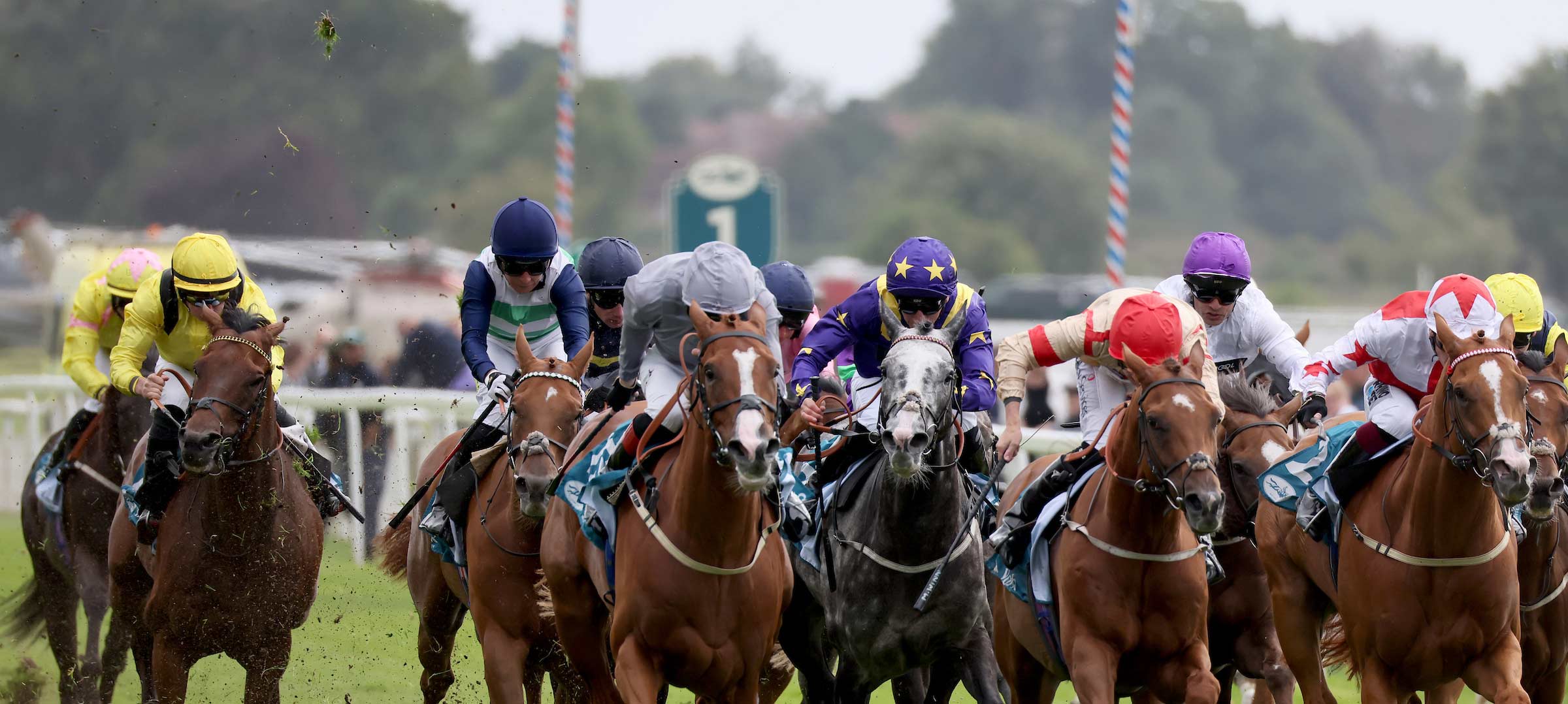New Racing Foundation Grant Provides Huge Funding Boost for Jockeys

Racing’s three main representative organisations for jockeys, the Professional Jockeys Association (PJA), the Jockeys Education and Training Scheme (JETS) and the Injured Jockeys Fund (IJF) have recently secured the approval of a £2.3 million five-year grant application from the Racing Foundation which will be allocated to key areas of jockey development and support.
For the first time, the three bodies have come together to align their work in a formal proposal which will achieve long term funding to assist their combined goal of positioning jockeys as elite athletes, benefitting the industry as a whole. Since 2012, the Racing Foundation has supported a wide range of academic research and stakeholder recommendations which formed the basis of the grant proposal in order to take the services offered to jockeys to the next level.
Collectively referred to as the ‘Jockey Athlete’, the new strategy constitutes three areas of priority:- The Jockey Coaching Programme, Emotional Wellbeing, Mental Health and Nutrition and Jockey Athlete Ambassadors.
1. The Jockey Coaching Programme (JCP)
Since the British Horseracing Authority (BHA) launched the Jockey Coaching Programme in 2014, it has been able to implement a positive and progressive working environment for jockeys in which they are regarded as elite athletes, comparable to high performance athletes in other sports. With the secured funding, the JCP will benefit from:
- Extension of coaching support for one year post-claim
- The continued strategic roles of the Jockey Personal Development Manager and Coaching Development Manager as well as an additional new role of Jockey Coaching Programme Manager
- The inclusion of specialist full time coaches attached to each of the IJF centres to help maintain the progress and engagement with the team of part-time jockey coaches
- Extension of the JCP coverage so that all jockeys under the age of 19 irrespective of their claiming status receive coaching compared to the 95% current status
Lisa Delany, JETS Manager said: “We are delighted to have been able to collaborate together and are incredibly grateful to the Racing Foundation. We look forward to expanding and improving the Jockey Training and Development Programme, further enabling jockeys to truly recognise themselves as elite athletes and fulfil their role as ambassadors for the whole racing industry.”
2. Emotional Wellbeing, Mental Health and Nutrition
The PJA has worked collaboratively with the IJF and JETS to put in place an education programme, signposting, support and treatment network to support the emotional well-being and mental health of the jockeys. The new funding will mean this support can be extended further in the following ways:
- Commission an independent review of existing provision and make recommendations to create a clear policy for the PJA’s mental health treatment of its members
- Expand the preventative, proactive work by creating a jockey peer support system using more experienced jockeys to help mentor their younger colleagues
- Expand the provision beyond existing jockeys to the retired jockey population
- Provide more regular, compulsory, sport science input so that non-injured jockeys have more regular ‘check-ups’ provided on a more regional basis
Intrinsically linked to the mental health of jockeys are their weight-making techniques and the Racing Foundation grant will allow for the continuation of the work carried out by Dr George Wilson and his team at Liverpool John Moore’s University for another three years ensuring all newly licensed jockeys have access to the full range of services such as bone density and metabolic rate testing.
Paul Struthers, PJA Chief Executive said: “The life of a jockey is a tough one and over 100 jockeys have accessed our mental health support services. Whilst we are pleased that more jockeys are coming forward to utilise the services on offer it has placed significant pressure on our budgets. We are therefore delighted that this new grant from the Racing Foundation will be enable us to continue to meet current demands, offer more pro-active, preventative services and expand our provision to incorporate retired jockeys.”
Lisa Hancock, Chief Executive of the Injured Jockeys Fund said, “The Racing Foundation grant provides a much welcome fillip and will enable us to increase our overall mental wellbeing provision both at our three Rehabilitation centres and in the wider community of retired jockeys. We’re also delighted that there will now be full time jockey coaches based at our centres giving jockeys every opportunity to take advantage of their knowledge and expertise.”
3. Jockey Athlete Ambassadors
The final area of additional support provided by the Racing Foundation grant will be the implementation of an increased training programme to provide jockeys with the PR and presentation skills they need to promote themselves more effectively as elite sportspeople both internally and externally enabling them to act as future ambassadors for the racing industry as a whole.
Summing up the benefits of the Racing Foundation’s grant, their CEO Rob Hezel said, “The Racing Foundation is delighted to have been able to provide financial support to the PJA, IJF and JETS to deliver a combined strategy around the ‘jockey athlete’. We welcome the three bodies aligning their activity for the benefit of both jockeys and racing as a whole and are pleased to note the use of previously Foundation funded research has informed their approach.
“The funding of jockeys in this way forms part of the Foundation’s approach to fund more strategically across the sport and follows on from previous strategic awards made to both Racing Welfare and the TBA. The Foundation will continue to explore further opportunities to fund in this way as it seeks to deliver on its purpose to make a difference in racing by acting as a catalyst and a funder of improvement.”

